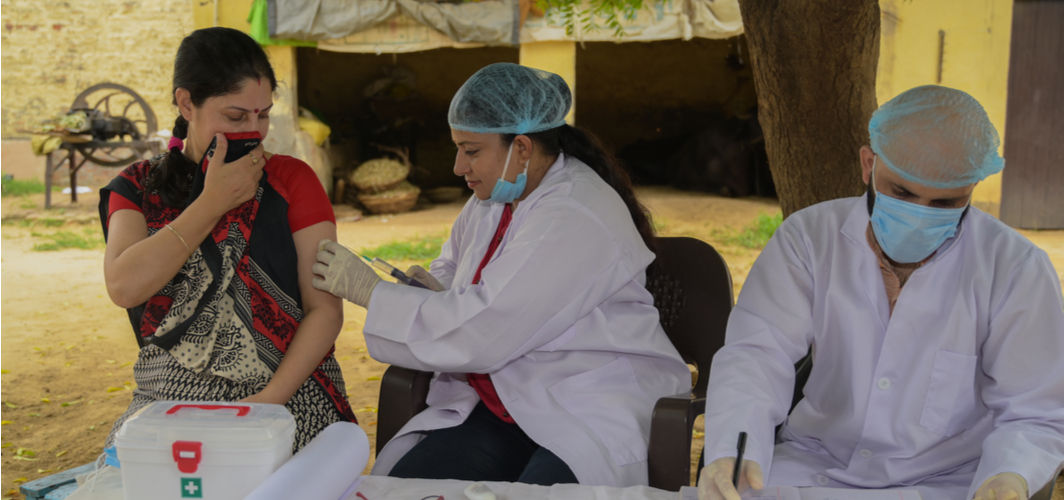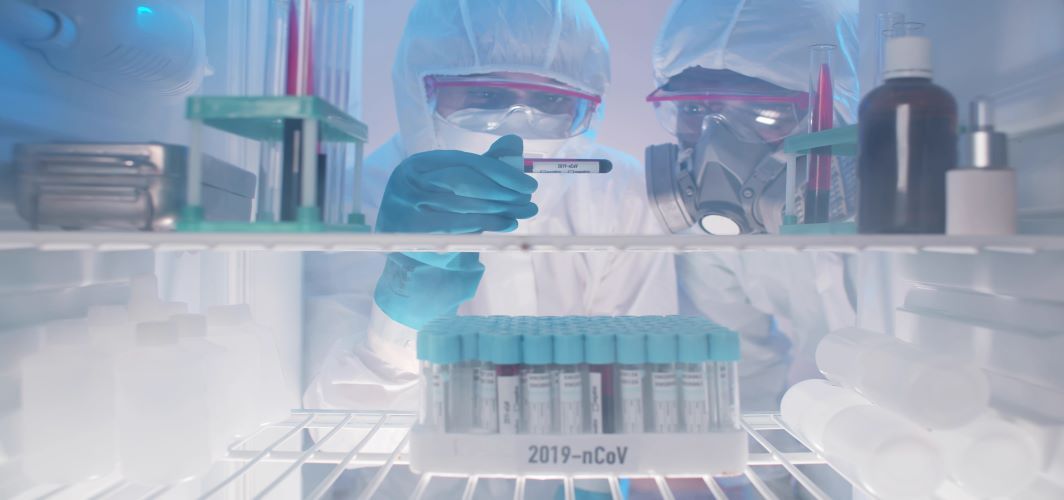COVID-19 Vaccines
How COVID-19 Vaccination Drives are Expected to be Organized
5 min read
By Apollo 24/7, Published on - 16 November 2020, Updated on - 18 October 2022
Share this article
2
20 likes

Vaccination in India
- BCG (Bacillus Calmette-Guerin) vaccine
- OPV (Oral Polio Vaccine)
- Hepatitis B vaccine
- Pentavalent vaccine
- Rotavirus vaccine
- PCV (Pneumococcal Conjugate Vaccine)
- fIPV (Fractional Inactivated Poliomyelitis Vaccine)
- Measles/MR (Measles and Rubella) Vaccine
- JE (Japanese encephalitis) vaccine
- DPT (Diphtheria, Tetanus and Pertussis) Booster
- Tetanus and adult diphtheria (Td) vaccine
Which other countries are planning to carry out COVID-19 vaccination
- In the US, under a federal government plan, several retail pharmacies have reportedly agreed to serve as COVID-19 vaccination centres. The pharmacies will be provided vaccines by the federal government free of charge to help facilitate the public’s access to vaccines.
- In the UK, COVID-19 vaccines would be administered at clinics, care homes, town halls, sports halls, and conference buildings. The National Health Service (NHS) in England has asked its 1,250 primary care networks to designate a single practice to administer vaccines. The vaccines would be administered at these clinics in 12-hour shifts, from 8 am to 8 pm, 7 days a week.
- Germany has asked the states to submit the details of 60 facilities that could serve as delivery centres for vaccine manufacturers. The country has also asked the states to identify central vaccination centres. The centres will be augmented by mobile teams who will go into care homes. Trade fair halls and airport terminals are some of the other facilities that will be potentially used as mass vaccination centres in Germany.
COVID-19 Vaccination in India
Private Partnership
Takeaway
COVID-19 Vaccines
Leave Comment
Recommended for you

COVID-19 Vaccines
The Next COVID-19 Challenge: Vaccine Cold Chains
One of the biggest challenges in the COVID-19 vaccine delivery will be to store and transport them within their recommended temperature range.

COVID-19 Vaccines
Why Young and Healthy Adults Should Get Vaccinated Against COVID-19
Experts suggest that unless a significant section of the population is immunized, the third and successive waves of COVID-19 will remain a possibility.

COVID-19 Vaccines
Which COVID-19 vaccines have applied for emergency authorization in India?
After receiving Emergency Use Approval (EUA) in the United Kingdom, Pfizer has now approached the Indian and the U.S government for the same.
Subscribe
Sign up for our free Health Library Daily Newsletter
Get doctor-approved health tips, news, and more.
Visual Stories

Tips to manage COVID-19 vaccine side effects
Tap to continue exploring
Recommended for you

COVID-19 Vaccines
The Next COVID-19 Challenge: Vaccine Cold Chains
One of the biggest challenges in the COVID-19 vaccine delivery will be to store and transport them within their recommended temperature range.

COVID-19 Vaccines
Why Young and Healthy Adults Should Get Vaccinated Against COVID-19
Experts suggest that unless a significant section of the population is immunized, the third and successive waves of COVID-19 will remain a possibility.

COVID-19 Vaccines
Which COVID-19 vaccines have applied for emergency authorization in India?
After receiving Emergency Use Approval (EUA) in the United Kingdom, Pfizer has now approached the Indian and the U.S government for the same.